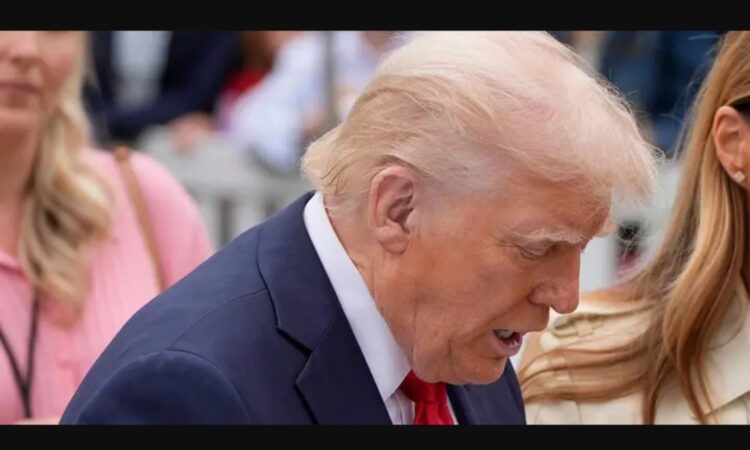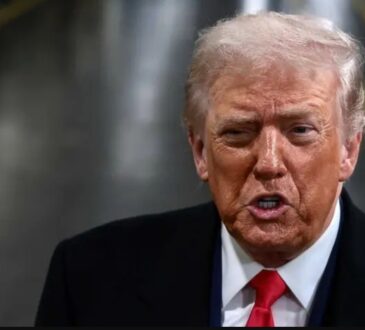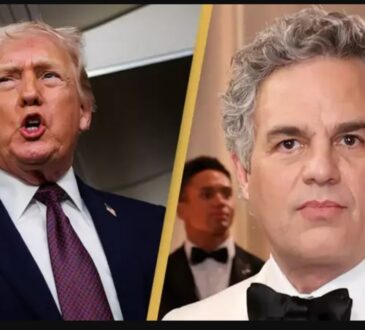
Former President Donald Trump and his team faced three back-to-back legal setbacks on Friday, all within just a few hours. These cases show how opponents of Trump’s policies are pushing back through the courts.
First, a judge in Washington, D.C., ruled against Trump’s attempt to overturn an earlier decision about the U.S. Institute of Peace. The judge said Trump’s firing of the group’s board was illegal, especially because the Institute isn’t part of the executive branch. That means the original board must be put back in charge.
At the same time, another judge ruled that an executive order Trump signed against a law firm called Jenner & Block was likely against the Constitution. Trump had tried to punish the firm, which had worked on legal cases involving him or his political rivals, by removing their access to government buildings and classified information. The judge said this was an attempt to scare off lawyers from taking cases the administration didn’t like, which goes against the American legal system and the separation of powers.
Also on Friday, in Massachusetts, a judge decided that the government broke the law when it removed certain articles from a patient safety website. These articles were taken down after Trump signed an order targeting what he called “gender ideology.” The judge ruled that this was a violation of free speech under the First Amendment and ordered the government to restore the content.
These decisions show that the courts are a major roadblock for Trump’s agenda during his second term, even though Republicans hold a small majority in Congress. Since returning to the presidency in January, Trump has already faced legal challenges over immigration policies, military service bans for transgender individuals, and foreign aid cuts.
The White House responded by defending Trump’s actions, saying decisions about national security and access to classified material are the president’s responsibility and not something the courts should interfere with.
Still, these rulings suggest Trump’s administration will continue to struggle in court, especially as critics challenge the legality and fairness of some of his policies. The conflict between the executive branch and the judicial system is likely to grow as more lawsuits are filed.




